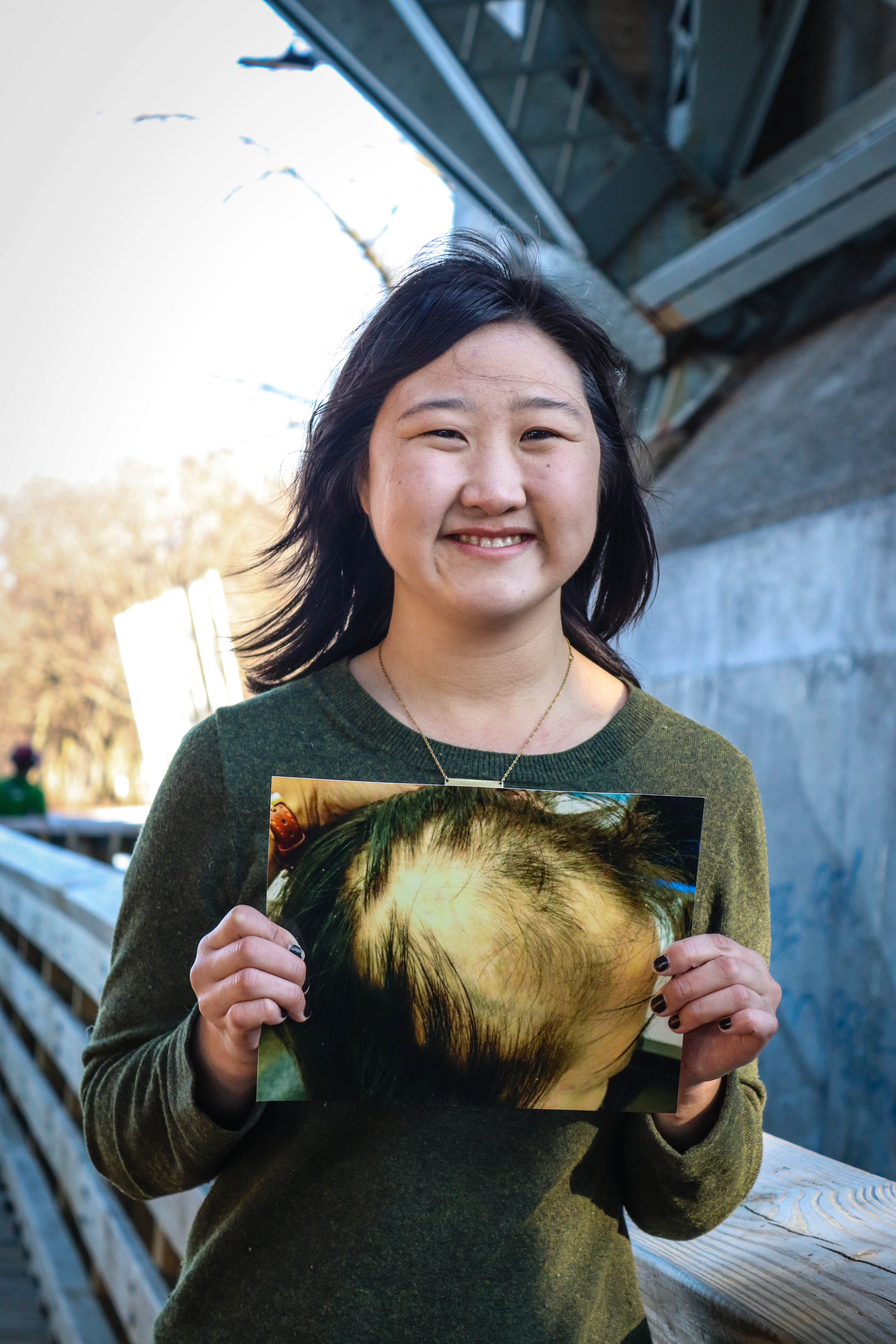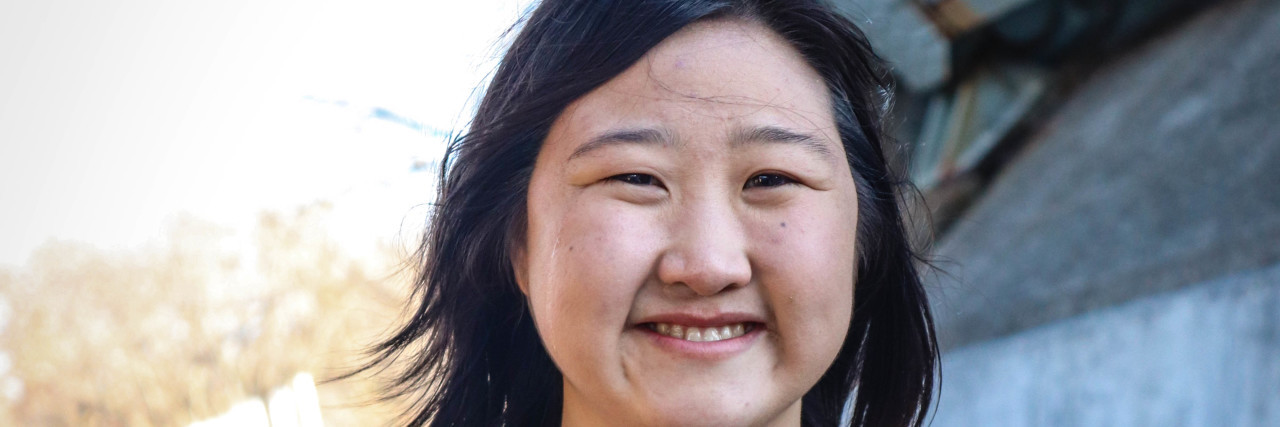In the span of one short year, I lost my hair and grew it back.
A dermatologist diagnosed me with alopecia areata – a syndrome in which your immune system mistakenly attacks your hair follicles – in October 2016. I started rapidly losing hair that next April. During the next four months, I underwent blatant, widespread balding, while also becoming increasingly frustrated with how little progress we as a society have made in fully understanding inclusion and the inherent dignity of every human being.
Much of the dialogue in my more liberal-leaning peer groups emphasizes the complexity of various social issues. We dissect the misunderstanding that the homeless are to blame for their own circumstances. We scorn the ignorant comments that can often belittle LGBTQ+ populations.
And yet, when many of these same individuals witnessed me experiencing severe hair loss, their often open-minded perspectives swiftly became black-and-white. Friends and family asked me if I was planning to shop for a wig; others inquired how I would approach dating. My mother hounded me to wear a strategically placed headband when I was the maid of honor at her wedding.
I felt a heavy weight of responsibility to hide my balding in order to ease everyone around me, from the strangest of strangers to the people I hold most dear. Suddenly, social progress toward inclusion felt distant and I, and all of my humanity, had been stripped down to a simple, harshly limiting equation: Female + mid-20s age + middle class = no balding hair. Because I now didn’t fit this neatly packaged formula, I fell outside of the social norm. I was broken. I needed to be fixed.

In June, I started a new topical treatment solution, which proved to be effective just a few weeks after starting. I struggled balancing the shocked reactions of those close to me with my hope to celebrate the stubbles of hair I noticed growing back in. I felt inward comfort that my experience with hair loss wasn’t permanent. Nonetheless, my friends’ and families’ persistent worries shoved away any inclination to embrace hope. Despite the fact that my hair was slowly growing back, external reactions only seemed to be fixated on the still existing bald spots. I felt forced to confront the stubborn rigidity of expectations for what a young woman in her mid-20s is supposed to look like to be accepted when I temporarily didn’t fit into that social construct.
Why is society’s first instinct to immediately hide anything that lies remotely outside of the norm? I brazenly question: Would there be as much shock if I were elderly? Would there be as much of a pressing priority to hide my balding if I appeared homeless? I suspect that the answer would often be “no” because we have allowed ourselves to expect that these populations are wounded.
I sense there is one thing that desperately needs fixing: society’s distorted perception of worth. If a woman’s significance is measured by whether she has a full head of hair or not, we ought to re-examine what defines a human being’s worthiness.
I am not denying that alopecia areata is a medical diagnosis. I saw four different dermatologists from that October until I found one who was unwavering in her efforts to find an effective treatment the following spring. Nonetheless, I felt astonished by other’s reactions to my alopecia areata because it only impacted me superficially; my diagnosis didn’t limit me physically. I felt a loss on how to digest how a surface-level appearance can cause so much concern when I, as a social, able 25 year-old, still continued to live a very active life. I could not help but to feel that my appearance mattered most, even if I disagreed.
Please tell me, what is the solution for soothing others’ worries? For me to hide until I was “better?” I wasn’t going to put my life on pause because I knew my self-worth amounted to much more than my hair. Even now with my full head of hair that lays at a conventionally feminine shoulder length, I am still not my hair.
When my hair started to grow past a pixie cut in spring 2018, the echoes abruptly diminished. What seemed to be the pressing topic on everyone’s minds suddenly silenced. I struggled with this shift in identification. Not too long beforehand, I felt an immense amount of societal pressure to heal, which was a process I only had so much control over. When my hair grew back, this experience felt ignored. I felt even more alone.
This story is not over for me. I am still angry: What if my hair never grew back? Does that mean I would never be fully deserving of acceptance? Would my interests and values have ever been enough?
I urge us all to ask ourselves: Is that the expectation we are putting on each other?
Our society seems to numbly operate on a “fix what is broken” mode. Someone is sad? “Don’t worry, be happy,” we chant without even listening to why the person may be sad to begin with. We frantically place band-aids on the ugly, the sick, the outspoken, the other. However, what’s underneath that band-aid? The very weakness we are trying to conceal still exists.
Let’s fix our narrowed expectations. Let’s not try to fix each other.

